Merry Christmas Eve! For your holiday reading pleasure, here’s a round-up of some of my favorite book reviews posted on HTMLGIANT in 2012, in reverse chronological order of post date:
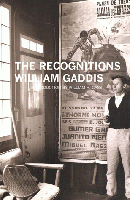 HIS STACK OF PALIMPSESTS
HIS STACK OF PALIMPSESTS
Tyler Flynn Dorholt on The Recognitions by William Gaddis
This is a monster review for a monster book. Maybe one of the best pieces of writing you’ll read on The Recognitions.
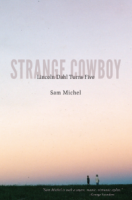 25 Points: Strange Cowboy
25 Points: Strange Cowboy
Joseph Riippi on Strange Cowboy: Lincoln Dahl Turns Five by Sam Michel
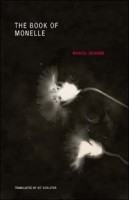 25 Points: The Book of Monelle
25 Points: The Book of Monelle
Janice Lee on The Book of Monelle by Marcel Schwob; Trans. by Kit Schluter
I know. This is my review. Really I’m including it in this list because I’m not doing a Top Books of 2012 list or anything like that this year, and instead, I’m recommending you just this one book. Seriously. I’m recommending just one book to all of you this year, and it is this one, so check it out.
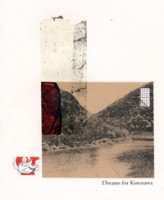 Dreams for Kurosawa/Raul Zurita (trans. Anna Deeny)/A View
Dreams for Kurosawa/Raul Zurita (trans. Anna Deeny)/A View
Carrie Lorig on Dreams for Kurosawa by Raúl Zurita; Translated by Anna Deeny
It’s really beautiful to see the wear of a well-read book. Carrie’s personal review helps to portray the brilliance of Raul Zurita’s poetry.
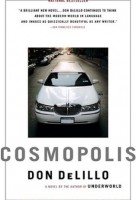 Needing Don DeLillo
Needing Don DeLillo
Grant Maierhofer on the work of Don DeLillo

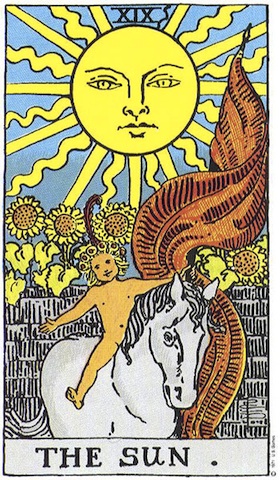

 Thunderbird
Thunderbird
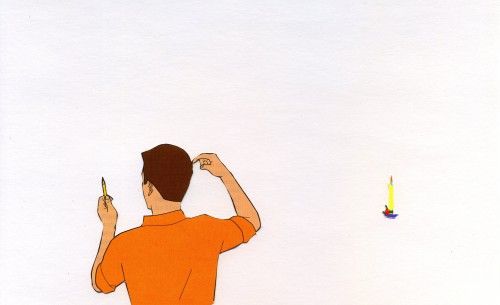

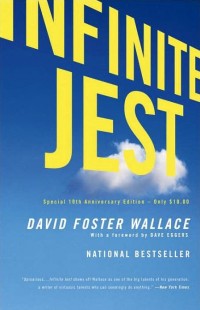
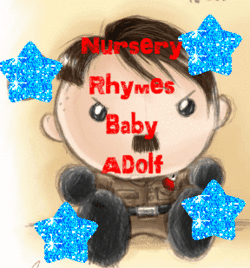
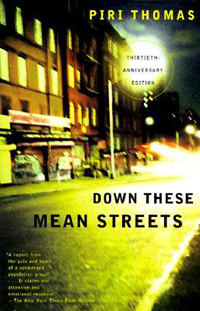 Down These Mean Streets
Down These Mean Streets